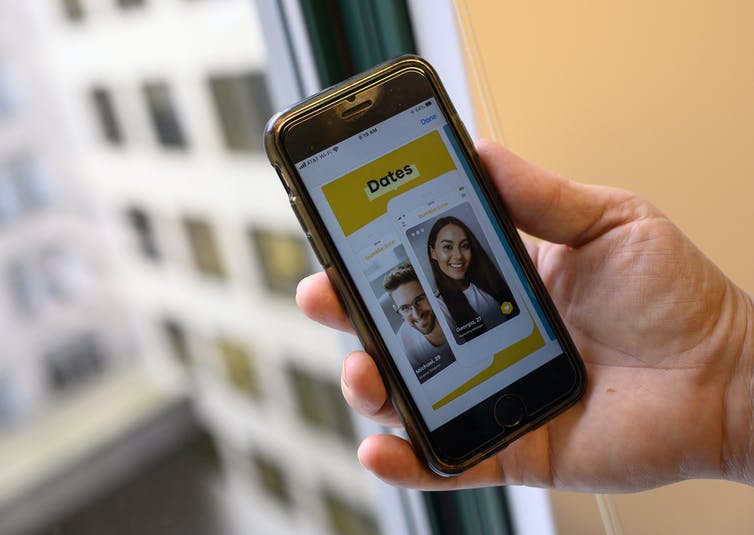Here’s one of the biggest questions facing civic-minded technologists: How can we use tech to make cities smarter, safer and more efficient?
This past weekend, Technical.ly partnered with Comcast to host the machineQ Smart City Hackathon, a one-day event that leveraged IoT hardware and software to build solutions using various sensors and LoRaWAN network technology. Teams formed on Friday night, and 24 hours later, they presented their work to a panel of judges — and an audience of fellow hackers — at the Comcast Center.
The concepts ranged from potholes to public safety, with most teams emphasizing the importance of analyzing and communicating data collected by their projects’ sensors. Three teams stood out among the others, claiming more than $7,500 in cash and prizes, plus bragging rights.
Here’s what the winners came up with:
Bringing home the big bucks are Shaw Levin and Phuc Ngo, whose project, Smart Alert for Safety, uses sensors to transmit seasonal and structural data to the machineQ service in order to save lives and prevent property damage. The concept features configurable, multi-lingual alerts that can text or call people if they’re at risk, such as elderly people on a hot day.

In second place was the Noise Sniffer team (Josh Meth, Jackie Lightfield, Noah Weiss, Ryan McCreesh and Nolan Murphey). Their project monitors noise levels in parks and neighborhoods and can send alerts about noise complaints, measure excessive noise and even identify gunshots. The team’s goal was to reduce the number of 311 calls while generating data to back up enforcement of noise violations in areas like construction sites.
The LoRoad team took third place with their tool to identify, address and predict potholes. By mounting vibration and GPS sensors to buses, LoRoad uses LoRa technology to track pothole locations. It also pulls in weather data and traffic patterns, making it easier to predict when and where potholes will form over time.
The other teams wowed judges with their ideas, too:
- City Park Project, designed to reduce congestion and make it safer to find parking in the city using sensors that track where cars are parked and shares that information with drivers and the PPA.
- Environmental Stress Warning System, which looks at microclimate data, transmitting it to the cloud and alerting authorities when temperature or air quality conditions become dangerous.
- Viewpoint, whose sensors collect ambient temperature, humidity and accelerometer data to measure and visualize the health of bridges around the city.
- Falcon Event Detection, which seeks to compete with Shotspotter by presenting a more efficient and cost-effective means of identifying the location of violent events like gun crime and car crashes.
- Roaming Pollution Monitors, with vehicle-mounted sensors on existing infrastructure like SEPTA buses and garbage trucks, is designed to mitigate and alert people to pollution in high-concentration areas.
- Saving Energy Costs, addressing how much the City of Philadelphia spends on air conditioning and other energy costs by sensing when people aren’t in a building and powering down devices that generate waste.
- PennCity, which uses data like dust, air quality, noise and light to optimize navigation services for safety by integrating sensors with existing infrastructure and communicating the optimized routes with Google Maps integration.
- Local Philly Hackers, whose project uses moisture sensors to measure the volume of septic tanks and alerts their owners before they get backed up and cause major structural problems.
- Gas House Gang, which created a gas leak detection network that works with PGW to measure gas levels and alert to leaks, preventing natural gas exposure and explosions within the city.
- The Pothole Project, whose concept was fairly straightforward: find potholes by hitting them. By attaching collision and vibration sensors to City-owned vehicles, their project detects the location, impact and severity of potholes, communicating that info back to the Streets Department.
- Stay in Your Lane, calling out the cars that like to hang out in bike lanes by installing curb-mounted sensors that measure whether a car has been in a no stopping lane for more than the 20 minute grace period and alerting the PPA or towing companies through social media.
- Explore Philly, providing a better user experience for Indego users by sharing data like return stations, collision risk alerts and even heart rate monitoring.
“We were inspired by the passion and creativity of the participants. To learn a new about a new network technology like LoRa and hack that into a smart city solution in 24 hours is an incredible feat,” said Bryan Witkowski, Head of Product at machineQ, “We hope the participants continue to pursue their idea and our team is excited to partner with them and the City to make them a reality.”







